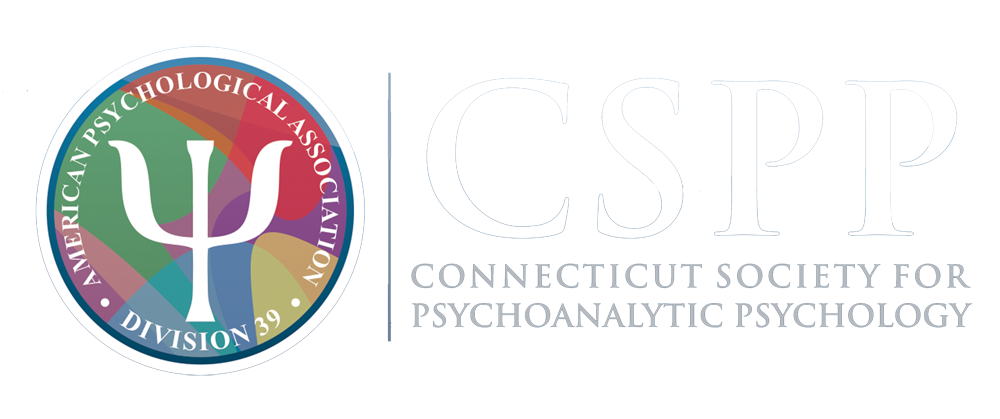The Connecticut Society for Psychoanalytic Psychology
Presents a Clinical Conference
Nancy McWilliams, PhD, ABPP

Self-Defeating Patterns and Personalities:
Implications for Psychotherapy
March 25, 2017
10:30 – 12:30
The Speaker
Nancy McWilliams teaches at Rutgers University’s Graduate School of Applied & Professional Psychology and practices in Flemington, New Jersey. She is author of Psychoanalytic Diagnosis (1994, rev. ed. 2011), Psychoanalytic Case Formulation (1999), Psychoanalytic Psychotherapy (2004), and a forthcoming book on overall mental wellness. Her books are available in 20 languages; she lectures widely both nationally and internationally. She is associate editor of the Psychodynamic Diagnostic Manual (2006, 2nd edition in press), former president of Division 39 of the APA, and Honorary Member of the American Psychoanalytic Association. She has been featured in three APA videos of master clinicians, the most recent being “Three Approaches to Psychotherapy.”
Summary
“Self-defeating Personality Disorder” is notably absent from the DSM and ICD. Our official taxonomies thus give clinicians scant help in fostering changes to recurrent masochistic patterns. Repeated self-sabotaging behavior (“characterological masochism,” or “aggrieved” or “self-defeating” personality disorder) has been a concern of therapists for decades, through many paradigm shifts. When do certain powerful human strivings - to surrender to something greater than the self, to sacrifice one’s own well-being for a higher good - become pathological? How can therapists help pathologically self-defeating clients? Dr. McWilliams will explore these questions via the literature from clinical psychoanalysis, personality psychology, empirical work in attachment and neuroscience, and her own case material.
Conference Schedule
10:00 — 10:30 Registration and Continental Breakfast
10:30 — 12:30 Presentation
12:30 — 1:30 Lunch
To Register and Pay
Register and pay online with your credit card or paypal. Online registration is available until Wednesday 3/22.
To pay by check, print and fill out the registration form and mail with your check to Conference Registrar, Nir Yehudai, LMSW, 303 Mansfield St #1, New Haven, CT 06511 Click here for registration form.
Members - remember to log in to register as a member.
Refunds will be given in full if the Conference Registrar, Nir Yehudai, LMSW, is contacted at Nir Yehudai no later than the Monday before the conference.
Learning Objectives
After this presentation, participants will be able
1) to identify differences between predominantly depressive and predominantly masochistic personality patterns;
2) to differentiate between relational (anaclitic) and moral (introjective) masochism;
3) to discuss the clinical implications of these overall conceptualizations;
4) to manage countertransference reactions to clients with recurrent self-defeating patterns.
Recommended Readings
Nydes, J. (1963). The paranoid-masochistic character. Psychoanalytic Review, 50, 215-251.
Click here.
Kernberg, O. F. (1988). Clinical dimensions of masochism. Journal of the American Psychanalytic Association, 36, 1005-1029.
Click here.
Ghent, E. (1990). Masochism, submission, surrender – Masochism as a perversion of surrender. Contemporary Psychoanalysis, 26, 108-136.
Click here.
Participants
The conference is appropriate for professionals interested in the practice of psychoanalysis and psychoanalytic psychotherapy. The instructional level of this conference is intermediate
Continuing Education
This conference has been approved for 2 continuing education hours (NASW & Div. 39, APA).
Illustration: Klee Dance of the Moth
